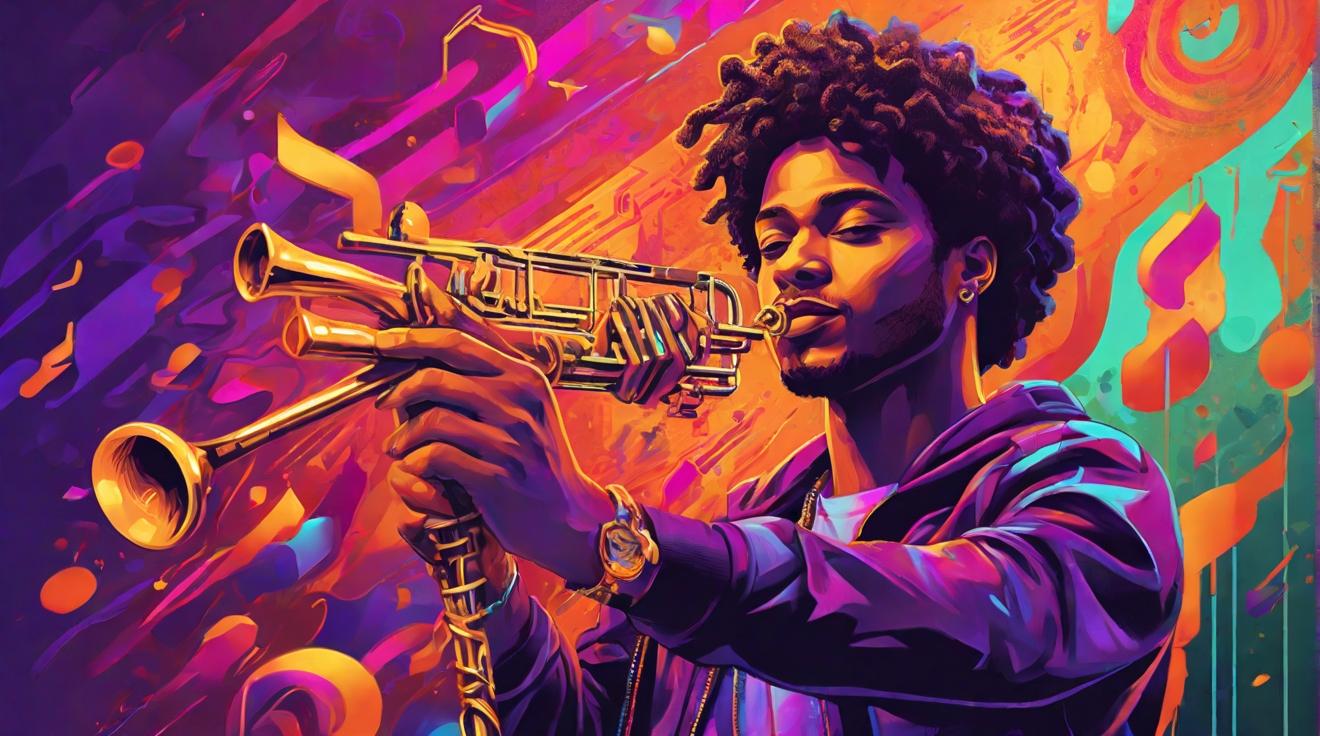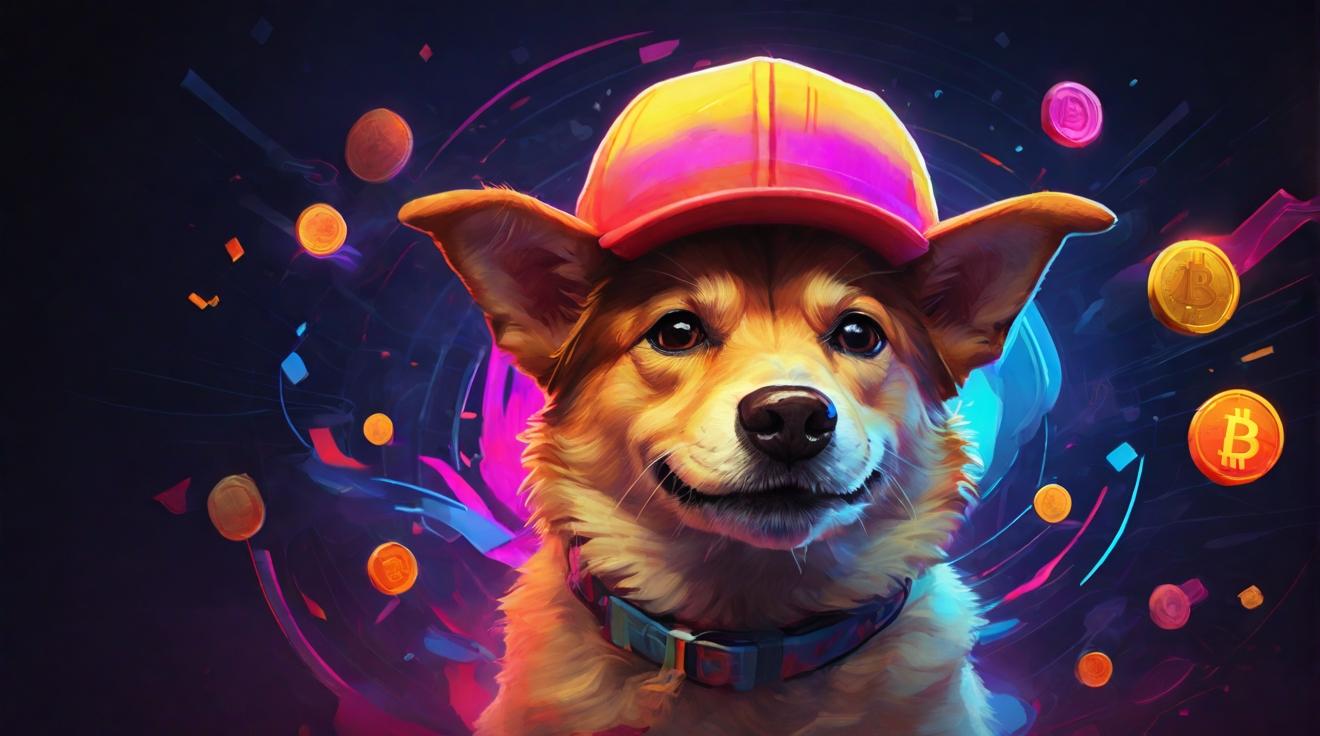Revolutionizing the Music Industry: The Emergence of NFTs
The music industry has witnessed a seismic shift, largely propelled by technological advancements and evolving consumer preferences. At the forefront of these changes is the rise of non-fungible tokens (NFTs), which are reshaping the landscape of music distribution, monetization, and artist-fan interactions. This article delves into the transformative impact of NFTs in the music realm, particularly in revolutionizing ownership and royalties for both artists and enthusiasts.
Understanding NFTs in the Music Industry
NFTs, or non-fungible tokens, stand as unique digital tokens signifying ownership or proof of authenticity of digital assets, be it a single, album, concert ticket, or merchandize. Distinct from cryptocurrencies such as Bitcoin or Ethereum, NFTs' non-fungibility means each token is unique, and not interchangeable.
For artists, NFTs offer a pathway to circumvent traditional gatekeepers like record labels and streaming platforms, directly reaching out to fans. By issuing NFTs tied to their work, artists not only distribute unique digital collectibles but also foster deeper loyalty and connectivity among their fan base.
The advent of NFTs has also reimagined the tokenization of music rights, encompassing royalties, licensing, and usage rights. This enables fans to buy into fractional ownership of music rights, sharing in their favorite artist's financial success.
The Blockchain Advantage
Key to the promise of NFTs is blockchain technology, offering immutable records of ownership and proof of authenticity for music assets. This transparency and trust in digital ownership are further enhanced through smart contracts, automating royalty payments, thus eliminating intermediaries and ensuring artists receive their due compensation promptly.
Transformative Impact on Royalties
NFTs herald a new era of transparent, verifiable royalty structures, where artists are compensated fairly according to predefined terms encoded in smart contracts. This direct artist-fan transaction model underscores a transparent financial relationship, bolstering support for creators.
Moreover, NFTs pave the way for decentralized royalty pools, promoting a more equitable distribution of revenues from sales, streaming, and licensing. This model emphasizes fairness, transparency, and efficiency in the music industry, ensuring all stakeholders receive their rightful share of profits.
Real-World Success Stories
The American rock band Kings of Leon ventured into NFTs with their album “When You See Yourself”, which included exclusive content and lifetime VIP passes to concerts. The move netted over $2 million, showcasing the potential for significant revenue and deeper fan engagement through NFTs.
Similarly, DJ and producer 3LAU explored “tokenized music” by auctioning his album “Ultraviolet” as an NFT, raising over $11.6 million. This initiative offered fans unique perks, experiences, and ownership rights, highlighting the lucrative prospects of NFTs in music.
Conclusion: NFTs – The Future of Music Ownership and Royalties
NFTs are indisputably revolutionizing the music industry, empowering artists to closely connect with their fans, tokenize music rights, and secure just compensation for their creations. Leveraging blockchain and smart contracts, NFTs offer unmatched transparency, efficiency, and trust in the digital ownership and monetization of music. With the continued adoption and innovation of NFTs within the industry, we can eagerly anticipate further advances and opportunities for all stakeholders in the evolving narrative of music ownership and royalties.
Analyst comment
Positive News.
As an analyst, the market for NFTs in the music industry is expected to grow significantly. Artists will have more control over their music, direct access to fans, and the ability to create unique digital collectibles. NFTs will revolutionize ownership and royalties, leading to increased revenue and fan engagement. The transparency and efficiency provided by blockchain technology will benefit all stakeholders in the industry. Expect continued adoption and innovation in the NFT space, offering new opportunities for artists and fans.













